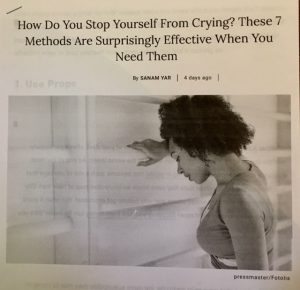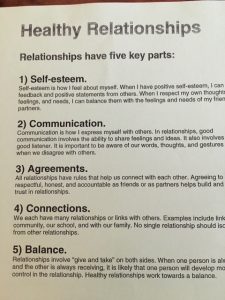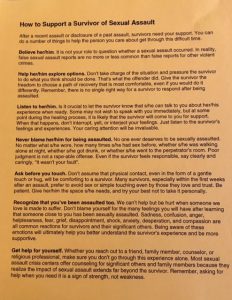Recently I—along with my plants—have been suffering from the heat. They wilt and wither. I feel lethargic and grumpy. I’m not alone in this. From back in the day when I taught psychology, I’m well aware that weather affects mood and behavior. Indeed, hot summer months are associated with lower mood, and humidity tends to make people more tired and irritable.
And it occurs to me, writers might like to know the effects of weather that have been scientifically studied.
SUNSHINE
Perhaps one of the best known effects is that people like sunshine—but only if you are able to get out in it. Otherwise, moods likely plummet for people stuck indoors.
Pleasant spring weather is associated with higher mood, better memory, and other good cognitive functions.
Drivers are more likely to pick up hitchhikers on sunny days than on cloudy days.
On sunny days people are more likely to help each other.
And Minnesotans tip more generously in restaurants when it’s sunny.
College applicants’ non-academic attributes are weighted more heavily on sunny days.
On sunny days, a woman is likely to give her phone number to an attractive stranger 22% of the time (compared to 14% of the time on cloudy days).
People spend more money when it’s sunny.
Being outside during pleasant weather can improve memory and boost creativity.
CLOUDS AND RAIN
On the good side, people recall up to seven times more objects when quizzed on cloudy days compared to sunny ones.
College applicants’ academic attributes are weighted more heavily on cloudy days. I love the title of this study: Clouds Make Nerds Look Good.
On the bad side, as noted above, hitchhikers fare worse on cloudy days.
On rainy days, people feel less satisfied with their lives.
Changes in barometric pressure can affect mood and cause headaches.
Rain can cause you to eat more, especially carbs.
Rain can cause pain. Because of the reduction in atmospheric pressure there is an increase in stiffness and a reduction in mobility. Yes, Granny’s knees predicting the weather is supported by science.
Some studies have found a relationship between low barometric pressure and suicide.
TEMPERATURE
The ideal temperature for helping is 68 degrees F. The more the temperature goes above or below that, the lower the rates of helping.
Crime rates rise with temperature. During the summer, rates for serious violent crimes, household burglary, and household property damage are significantly higher.
Rates of aggression—everything from murders and riots to horn-honking—are higher in hotter years, months, days, and times of day.
Baseball pitchers are more likely to hit batters on hot days.
Journalists tend to use more negative words on hotter days.
Cold temperatures can lead to physical lethargy (much like too much heat).
WINTER
Lack of sufficient sunshine in winter causes some people to become depressed, a syndrome known as Seasonal Affective Disorder (SAD). It can be treated with light therapy. SAD is sometimes referred to as winter depression. It typically affects people from October through April.
Seasonal depression may be mediated by loss of vitamin D (the sunshine vitamin). People suffering anxiety and depression are more likely to have vitamin D deficiency, and seniors with the lowest levels of vitamin D were 11 times more likely to be depressed than those with normal levels.
Cold temperatures: see above.
The effects of weather on mood are a combination of biological, psychological, and social. If you need to know why weather is causing your characters to act in specific ways, you can delve into that online!



























